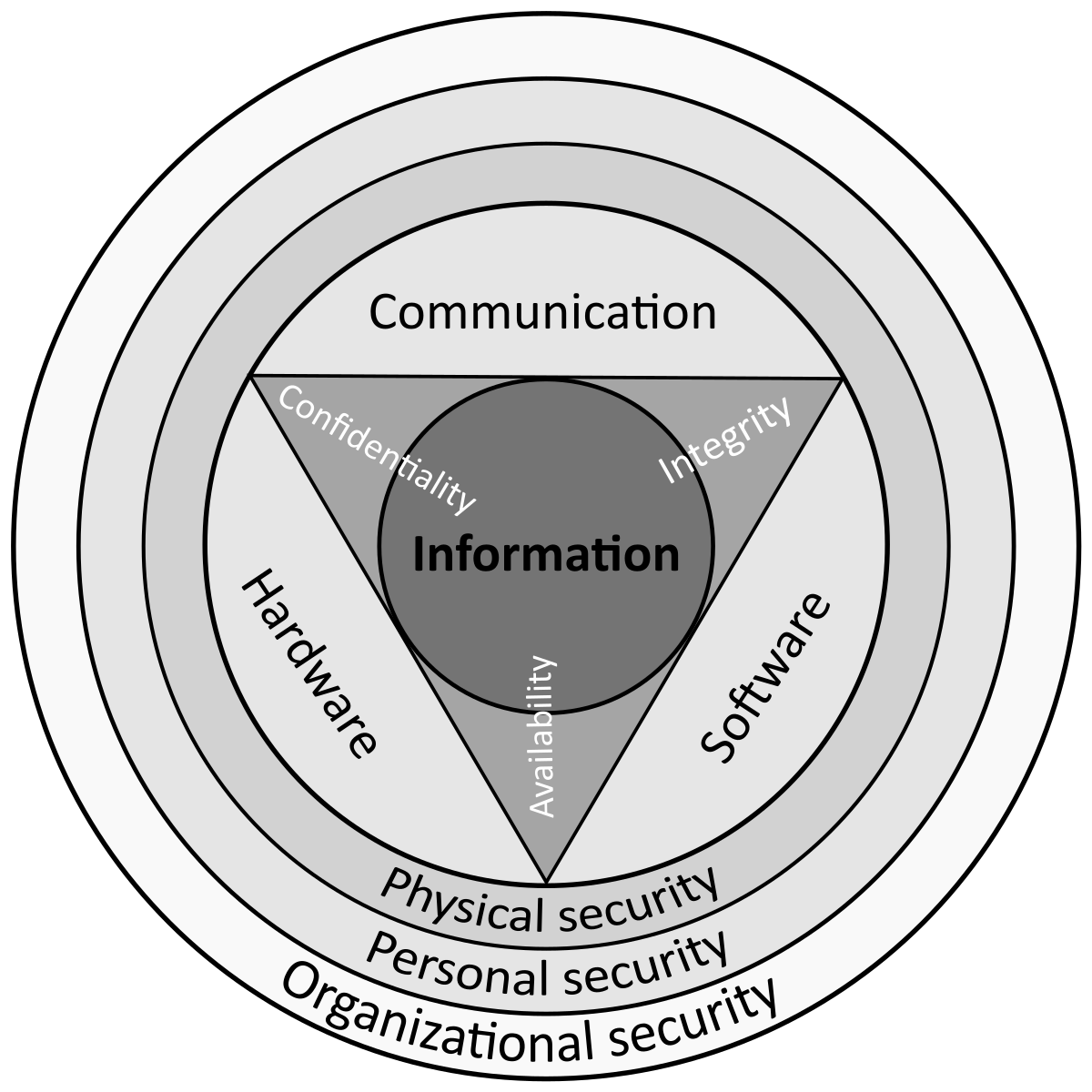These papers don't support your statement.
- Planned obsolescence (i.e Too locked down. You are prevented from applying security updates to your own device when the manufacturer drops support. IoT and Phones both running Android exhibit the same issues)
- Purposefully naive permissions system (i.e To run a note taking app, you are required to allow it full access to your camera, emails, mic arbitrarily. It should be no-permission by default unless the user manually changes the *necessary* ones. However this current default is for the vendor to harvest as much data as possible)
- Lack of user control / access (i.e Too locked down. You don't have the necessary permissions to audit your own device, often you can't install a proper trusted firewall, often you can't even install an ad-blocker, etc)It basically stems from the underlying business case for these devices to take as much control away from the user as possible which means that you can't properly maintain it. The business case is the same as with games consoles. By design locking it down to protect the publishers / partners / content owners (i.e DRM) more so than the users. Some general discussion here.
To address them in chronological order:
1. Planned obolescence - the paper talks about IoT devices, not smartphones per se. So same could also be said about iPhones.
2. Permission system - dates back to 2012, so you're not taking one decade of progress into account.
3. Lack of user control/access - dates back to 2010, so even more outdated.
Overall: if you do really value your privacy, you simply should not get a smartphone, period. Even if the OS could be trusted, the base band processor cannot. It's a black box.





